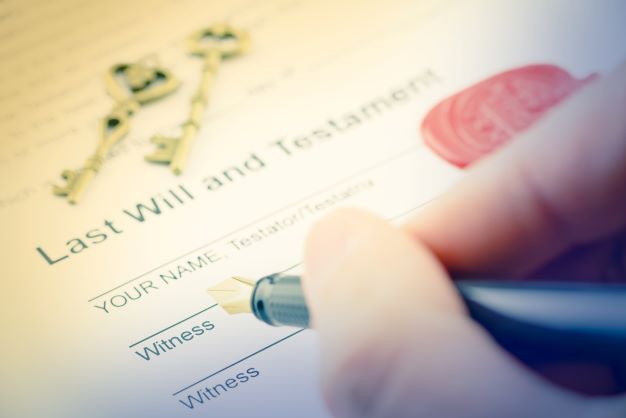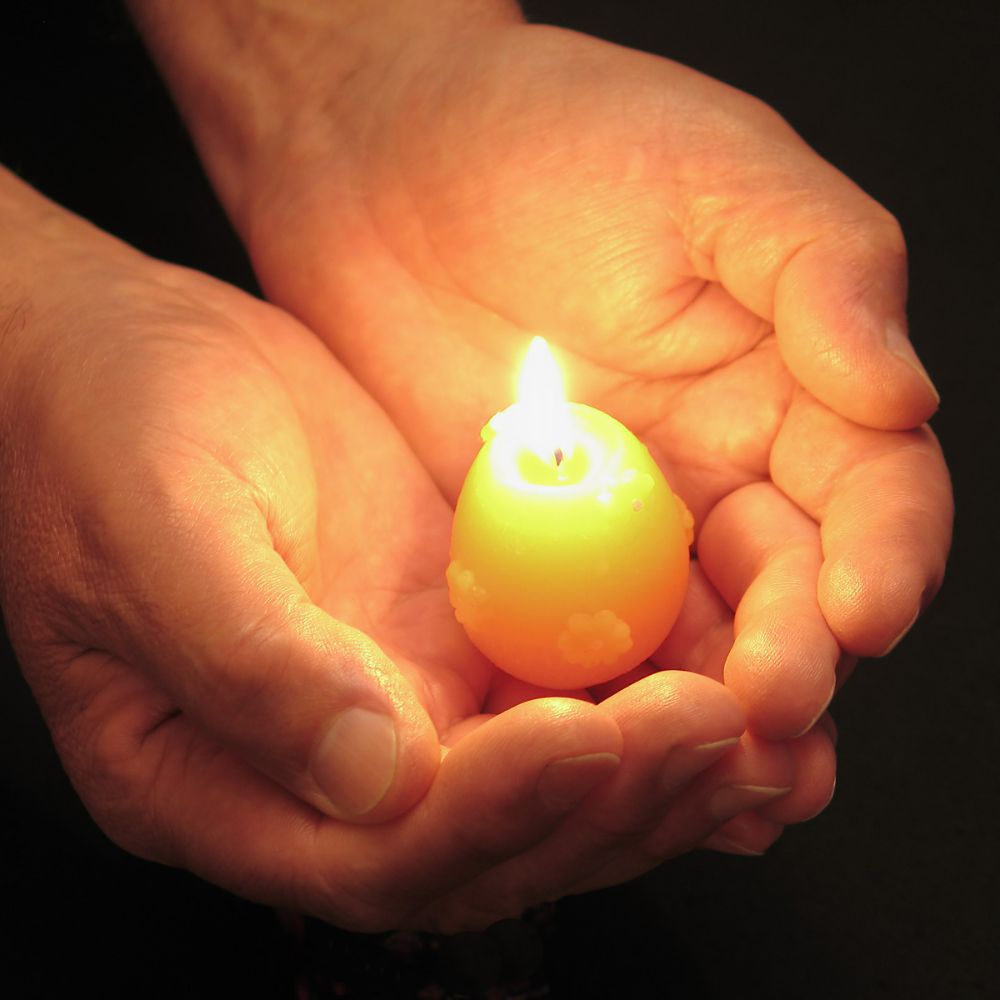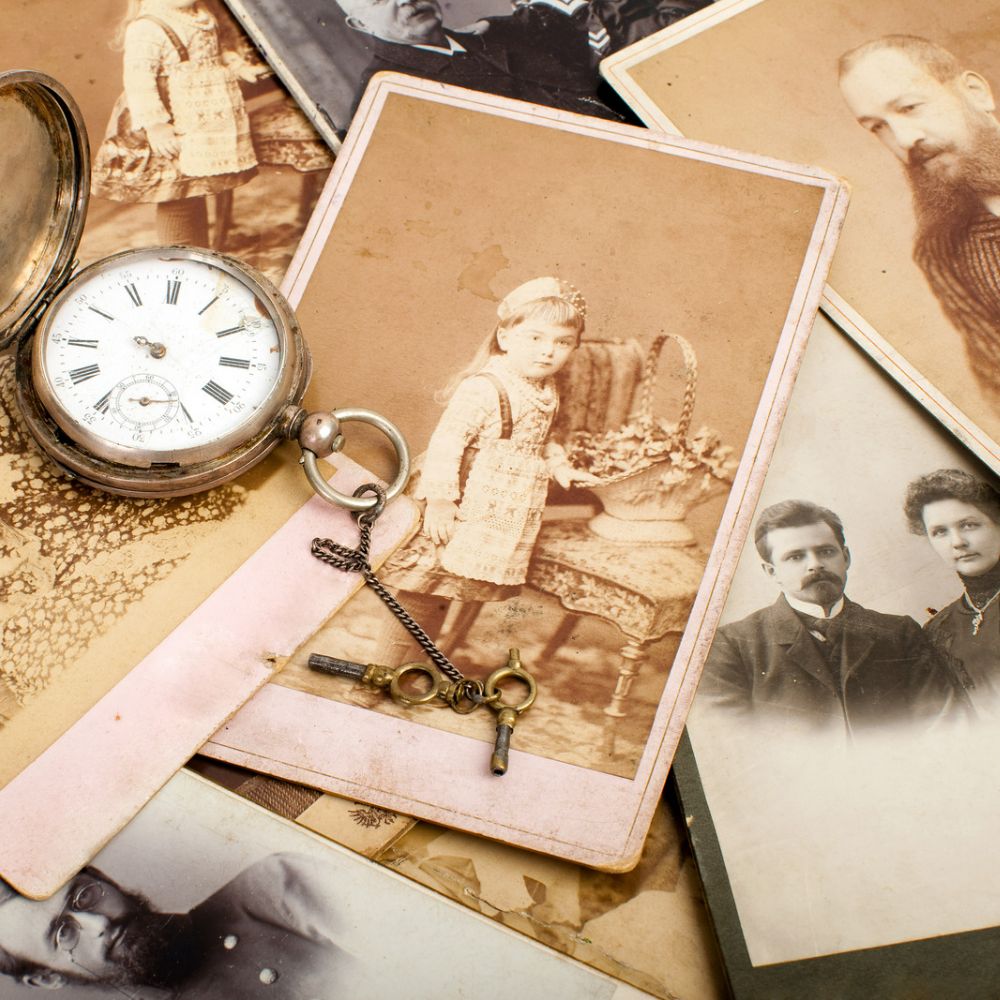All Articles & Guides / Pre-Planning / End of Life Planning
End of Life Planning
Death is unpreventable but how we choose to handle it and the decisions we make beforehand can leave our heartbroken loved ones with less stress if planning for death has been considered. For those that want to prepare well in advance in case of illness or accidents, a getting affairs in order before death checklist can make the task easier. End of life planning can help ease the burden on your family during an already difficult time.
First, there are some important steps to take to make sure your paperwork and finances are in order so that your family isn’t left with a jumble to sort through while they’re grieving. Although the process may look different for everyone, here are some necessary documents and steps you’ll need to take regardless of your situation.

End of Life Planning Documents
Some of these details may seem quite simple but having the essential identification documentation as well as ownership documents will help your family avoid problematic issues after death. These are the end of life documents and identification you’ll need to gather and have on file for your loved ones:
- Birth certificate
- Marriage, divorce, or adoption certificates
- A living will with power of attorney information and any legal paperwork
- Deeds to properties – houses, land, autos
- Bank information – account numbers and necessary documents as well as a credit card, debit card, and bank contact information
- Investment information for any stocks, bonds, or other investments
- Income and assets like 401(k)s, IRAs, pension, retirement, and interest information
- Recurring bills and account information for utilities
- Children’s teachers, doctors, history of necessary information such as allergies, health issues, etc.
- Pet veterinarians, records of pet history, and care information
- Contact information for attorneys, accountants, financial planners, stockbrokers, and any other important business partners or associates.
Planning for death by creating a file with the necessary information your loved ones will need is a great first step. End of life planning can be an emotional and daunting time, but your family will be protected and provided peace of mind with your forethought and decisions.
Before handing your loved ones a file and checklist, it’s important to talk about planning for death. Since death is a taboo subject, we put together some helpful tips to guide your discussion with loved ones about how to approach end of life planning.

Tips on Talking to Loved Ones About Planning for Death
Talking about death is hard, and with the subject being considered taboo, there’s an unwillingness to discuss the details surrounding our demise. Why is death a taboo subject? There are a few reasons why people don’t talk about death, with a major one being that it’s an uncomfortable subject.
People fear they will say the wrong thing or express themselves the wrong way. Talking about death also brings up feelings like fear, sadness, awkwardness, and anxiety. Many are calling for an end to the “death taboo” since it is a natural occurrence that everyone faces, and by not discussing the details, it can leave loved ones in a difficult situation during a time of grief.
As it turns out, a survey showed over half of older people claimed death was one of the easiest subjects to talk about. One reason could be that as we grow older, we often start to lose others around us, and death becomes more familiar and unavoidable. But it’s not just older people who should discuss end of life plans since it’s never too early to start planning.
Ways to Start the Conversation Around Planning for Death
- Start the conversation when listing your beneficiary or emergency contact – if your spouse, significant other, family member, or child is listed then they should know the details of your plans. You can start by mentioning that you’ve made them a contact and then bring up your desire to share your plans.
- Share your checklist – instead of discussing your wishes in detail, simply bring up that you filled out some important paperwork recently and mention that in case anything happens, your loved one should refer to your documents. This might encourage them to ask questions and have a conversation with you instead of brushing off the subject.
- Use a trigger to bring up the conversation, such as a newspaper article or something you see on TV. That way the topic doesn’t feel like it’s been brought up out of the blue and you’ll have a segue into your discussion.
- Ask for help with planning – say that you’d like to keep your loved one involved in helping make decisions and ask them to be part of your planning process. Instead of making the subject emotional, approach it from a checklist standpoint.
The checklist below will help guide you in planning for death and will include areas where you can specify any plans you’d like carried out on your behalf. You can also use the end of life planning checklist to fill in the details you’d like adhered to and to relieve your loved ones of any hard decision-making during a time of grief.

Getting Affairs in Order Before Death Checklist
Gather important documents and make copies to store in a file for your loved ones with labels or any necessary explanations for the below documents.
- Social Security
- Birth Certificate
- Marriage and/or divorce certificates
- Adoption certificates
- Deeds – house, cars, property and any mortgage or loan information
- Bank information – accounts, debit and credit cards
- Retirement, pension, 401k and related documentation from previous employers.
- Recurring bills, including relevant payment information
- Stocks, bonds, investor contact information
- Business partner contracts and contact information
- Business ownership – all necessary documents
- Pets – include your pet documents, vet information, previous history, feeding info, and any related information for the care of your animals
- Children – If children are young, any school-related information and historical paperwork including medical documents, etc.
- Living will, power of attorney, and solicitor contact information
Planning For Death Checklist
We have made the planning process one step easier for you and created a helpful checklist you may use to plan your own funeral. Print it at home to go with your other important end of life documents.
Related Content





